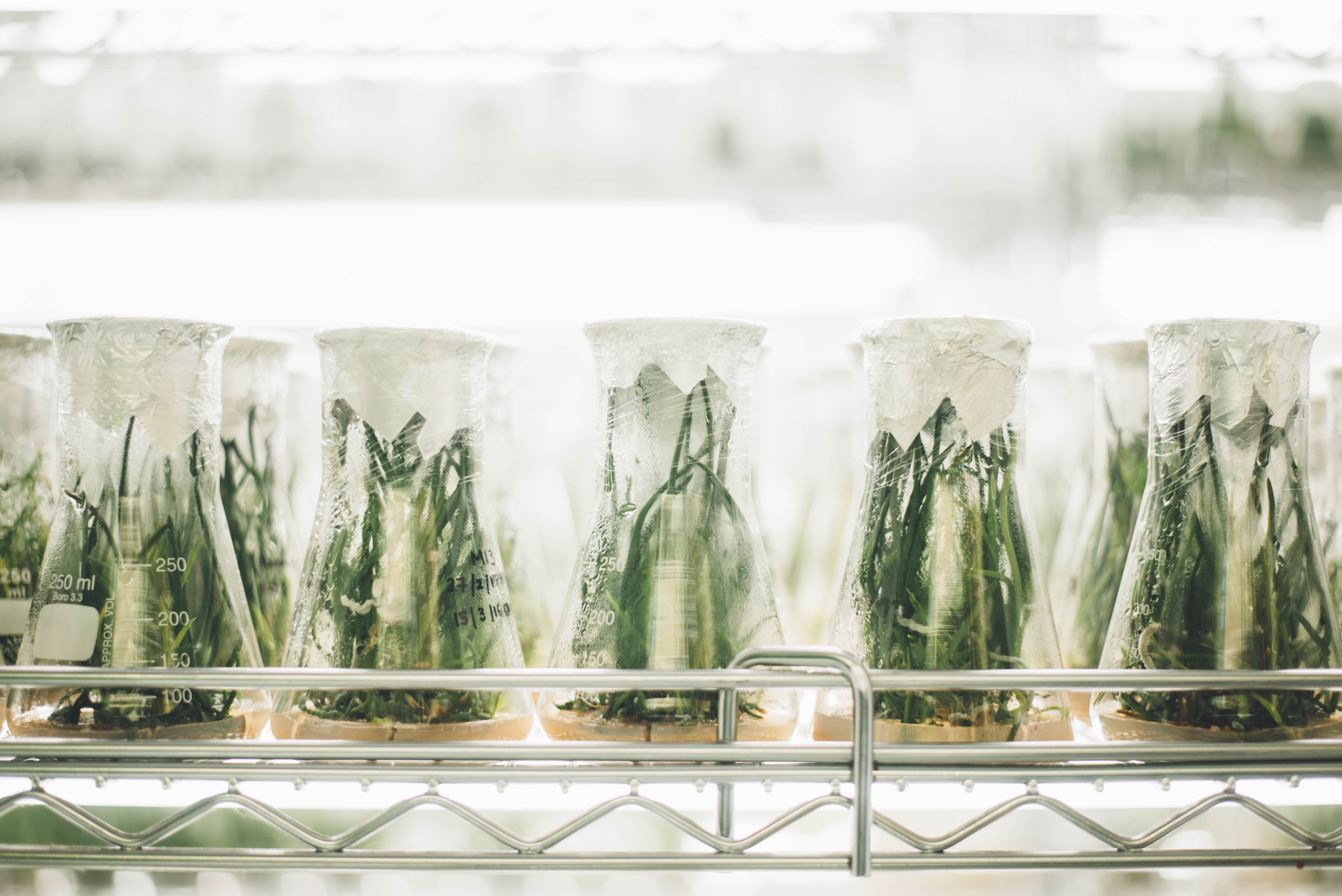It’s fun to think about what the future will look like, but of course we’re usually wrong. Looking ahead from the 1960s and 1970s, movies like “Back to the Future” and cartoon shows like “The Jetsons” had us flying around in our cars, while still talking on land line phones and faxing documents from place to place. The Internet was undreamed of, and who imagined there would be computers in every home?
Today, the sneaky advances in our way of life seem to be coming from biotechnology—basically using DNA as a programming language for growing new types of materials. A recent article in Forbes magazine laid out some of the areas where synthetic biotechnology is already making an impact.
The first is the $212 billion fertilizer industry that services farmers. Today, making synthetic fertilizer consumes between one and two percent of the world’s total energy output, and massive fertilizer runoff poisons rivers and lakes that we depend on for fresh water. New biology techniques are creating non-polluting, low-energy fertilizer solutions.
At the same time, a California-based startup has created new skin care collagen products that contain actual human collagen—replacing animal products with a sustainable solution that can be grown in the lab. Meanwhile, companies called Conagen and Codexis are creating a new generation of zero-calorie sweeteners, along with a broad range of enzymes that provide exotic food flavors. And, a Japanese company is growing spider silk using precision-engineered microbes, which might produce lightweight clothing out of fabrics that are much stronger and more flexible than anything on the market today.
This, of course, is only the very early hint of products that will come out of biotech laboratories in the future. In fact, a new CRISPR-based genome engineering machine has recently been launched, which will make the costs of wide-spread gene editing as easy as writing software code.
So, as fun as it is to think about the future, it's mostly fantasy. It's hard to predict what will actually happen as technological advances occur in the field of biotechnology, as well as across all other industries. The good news is that with some sound advice, you can at least assess how known upcoming advances might affect your current finances. Your advisor probably can't tell you when you'll finally get your hands on a flying car though, so you'll have to consult your daydreams about that one.
.png)
.png?width=440&height=102&name=Wealth%20Conservatory%20Logo%20(1).png)



